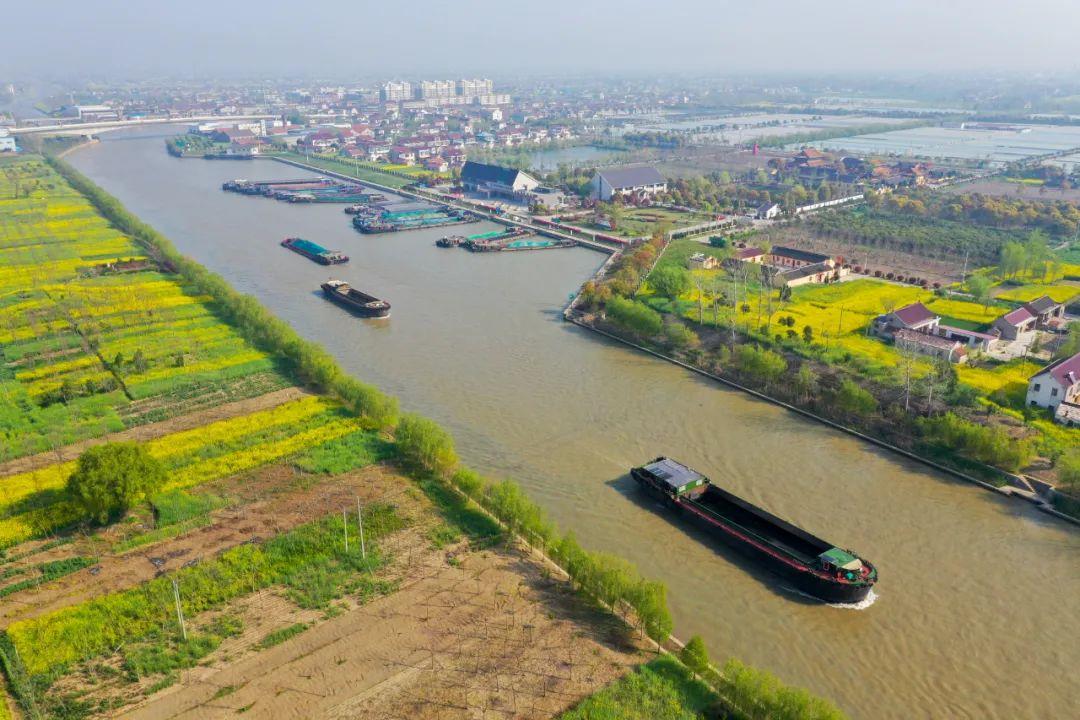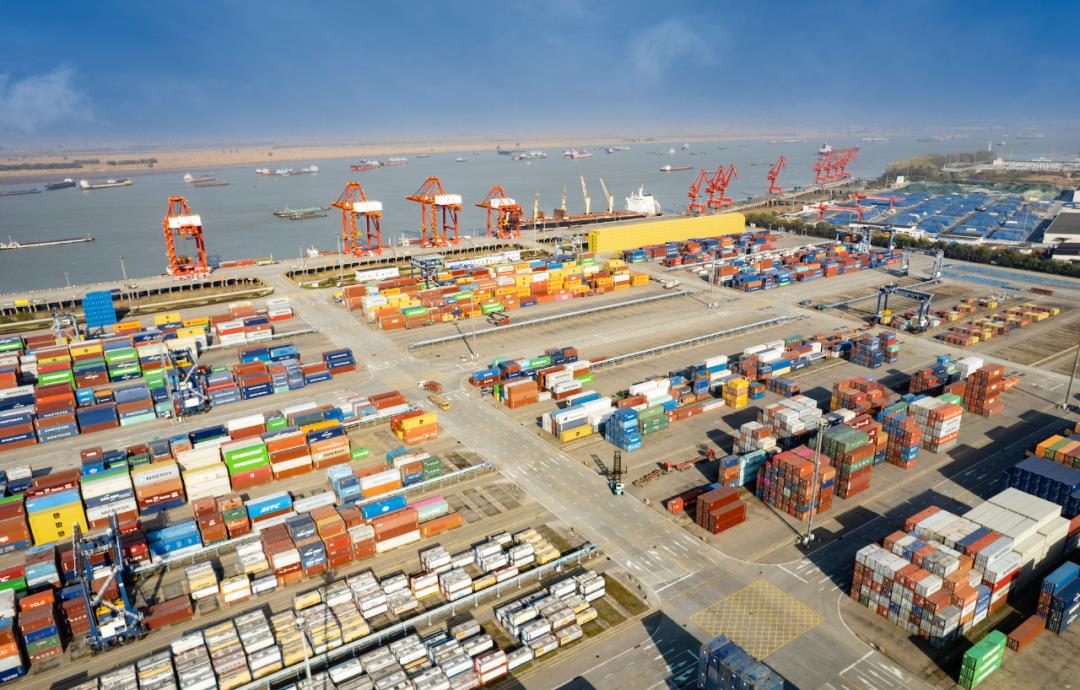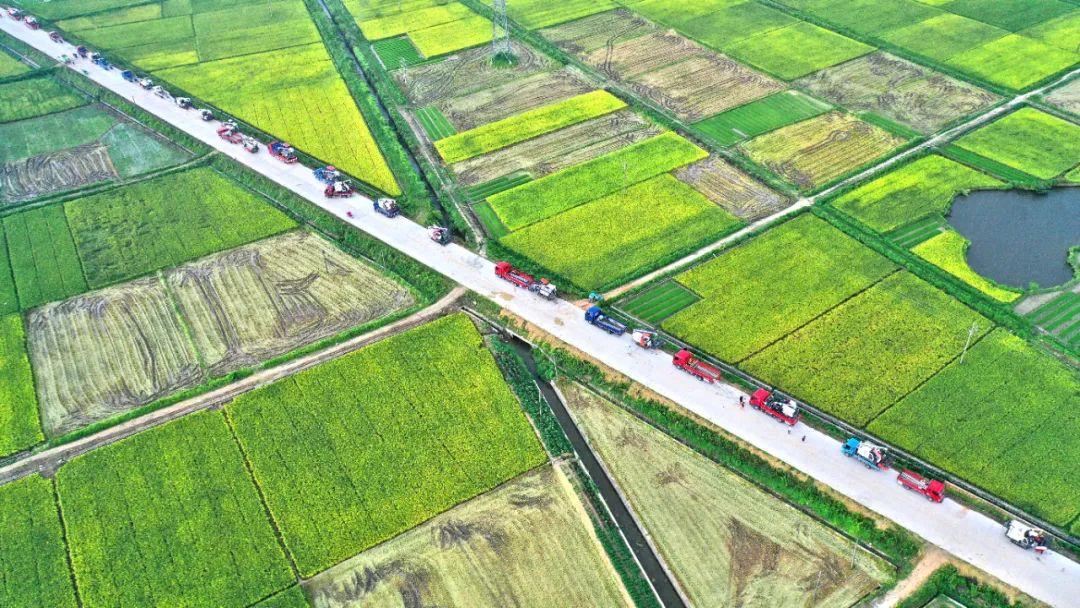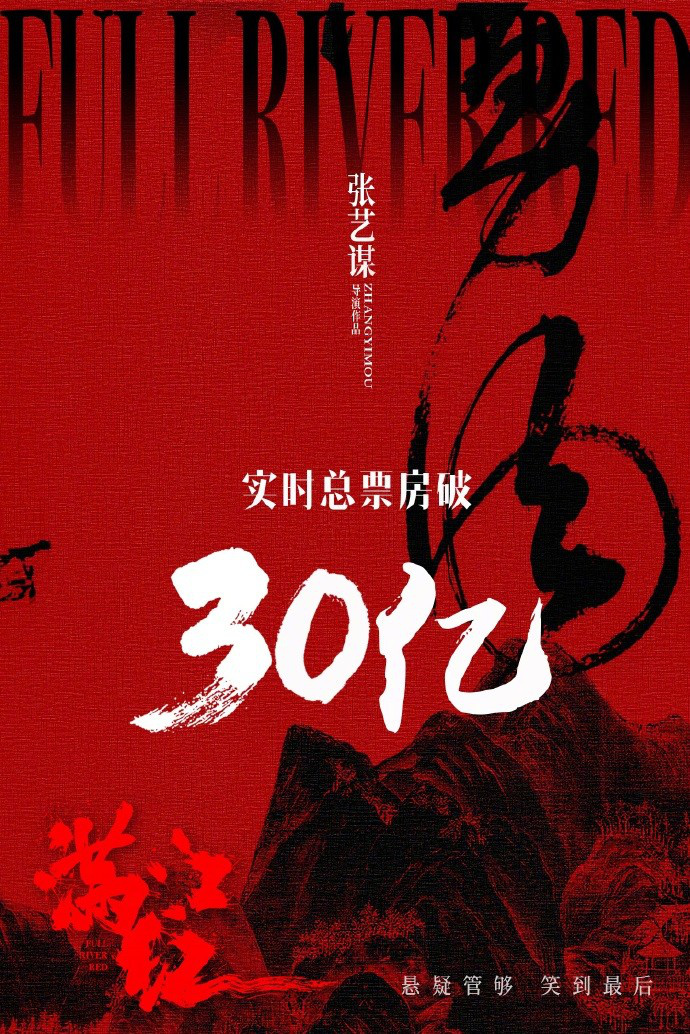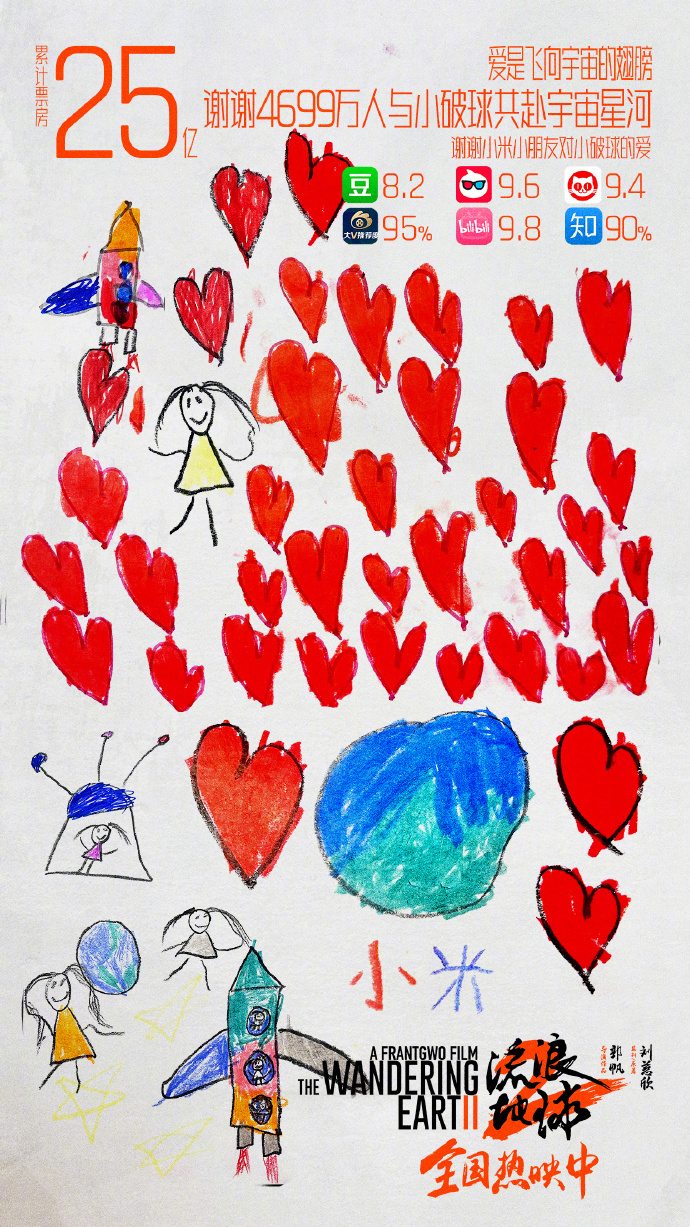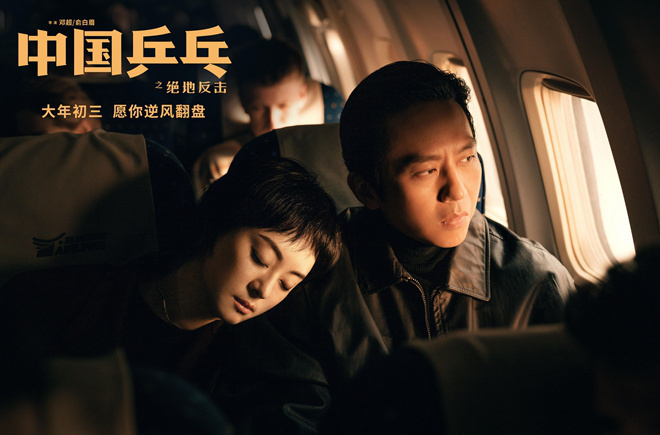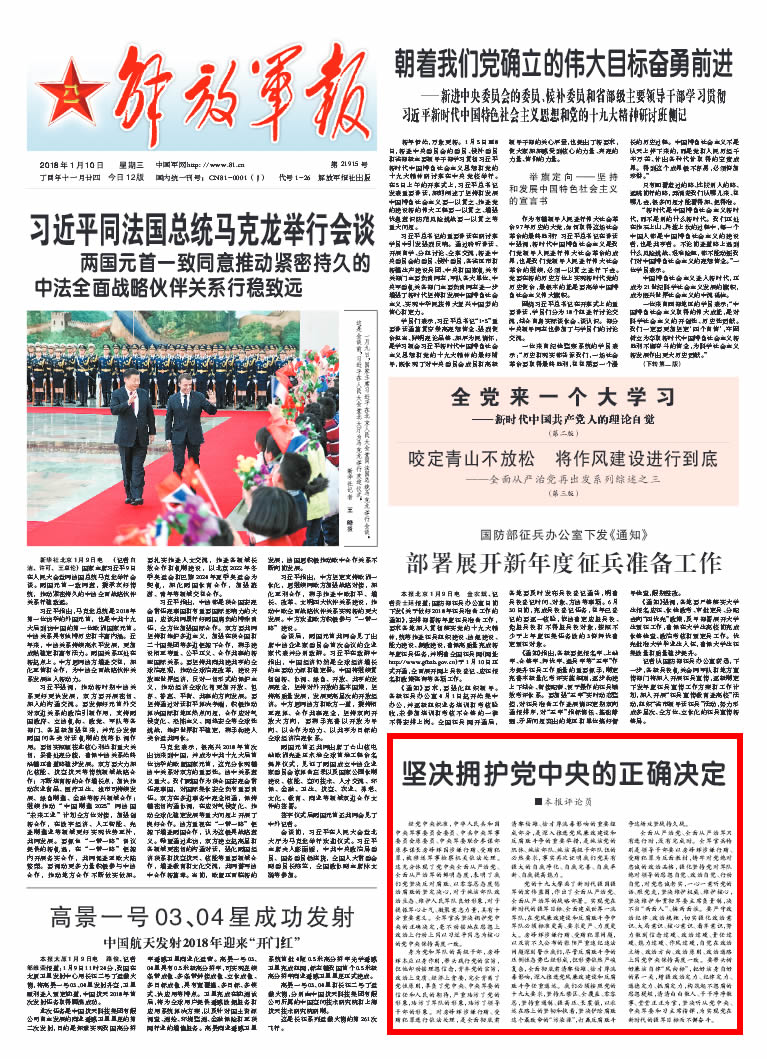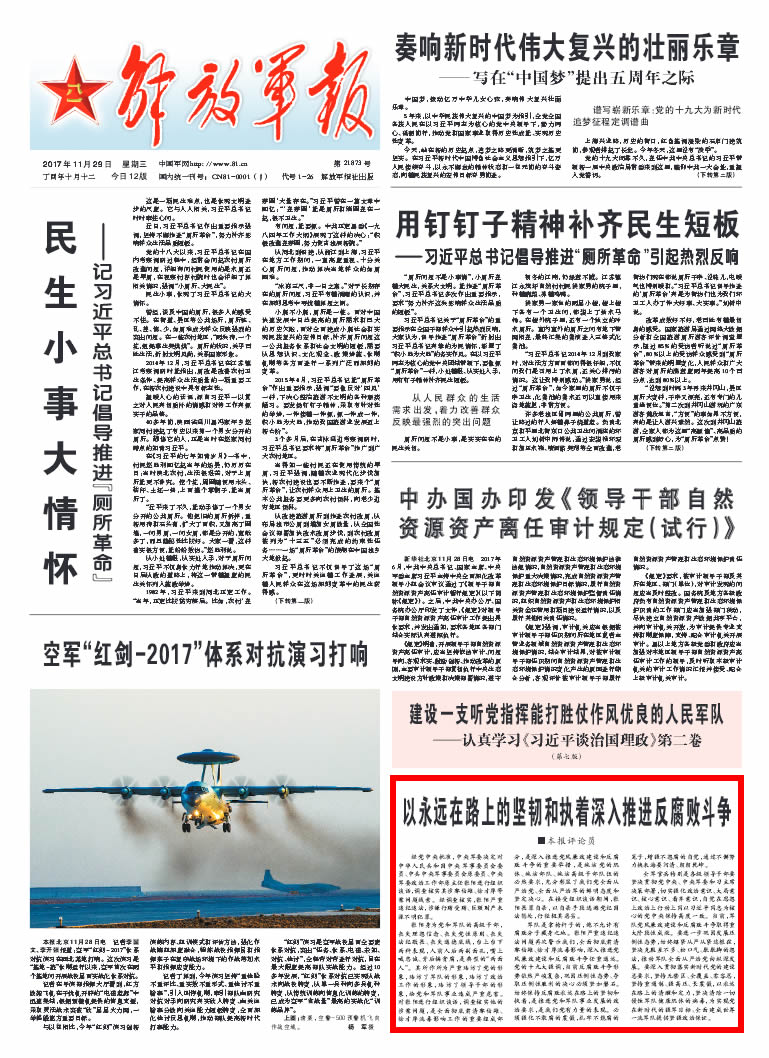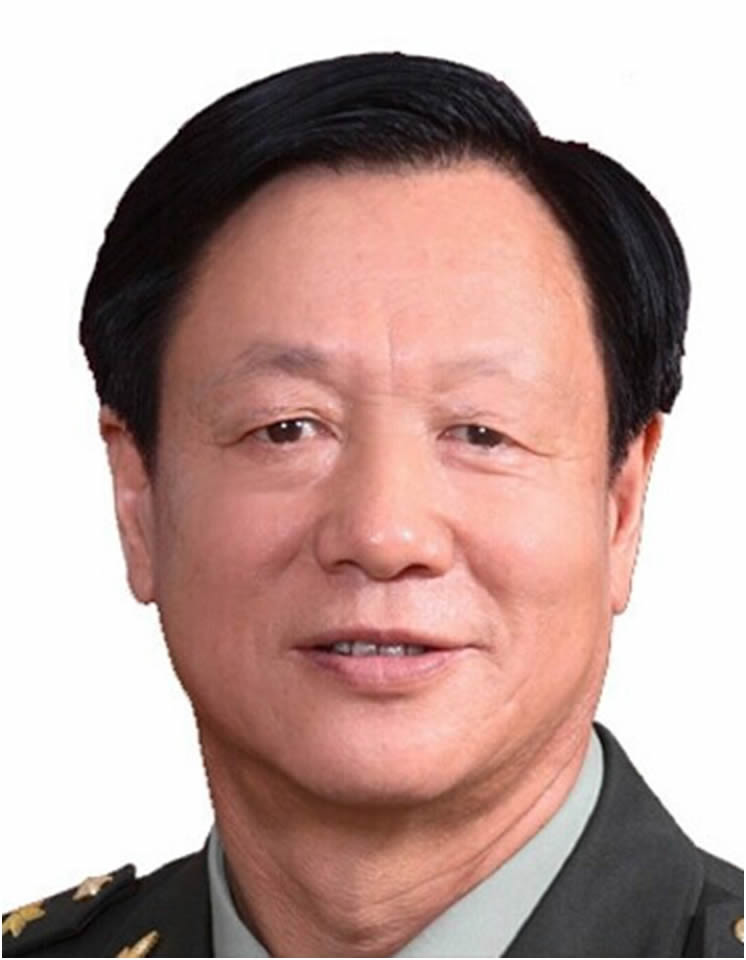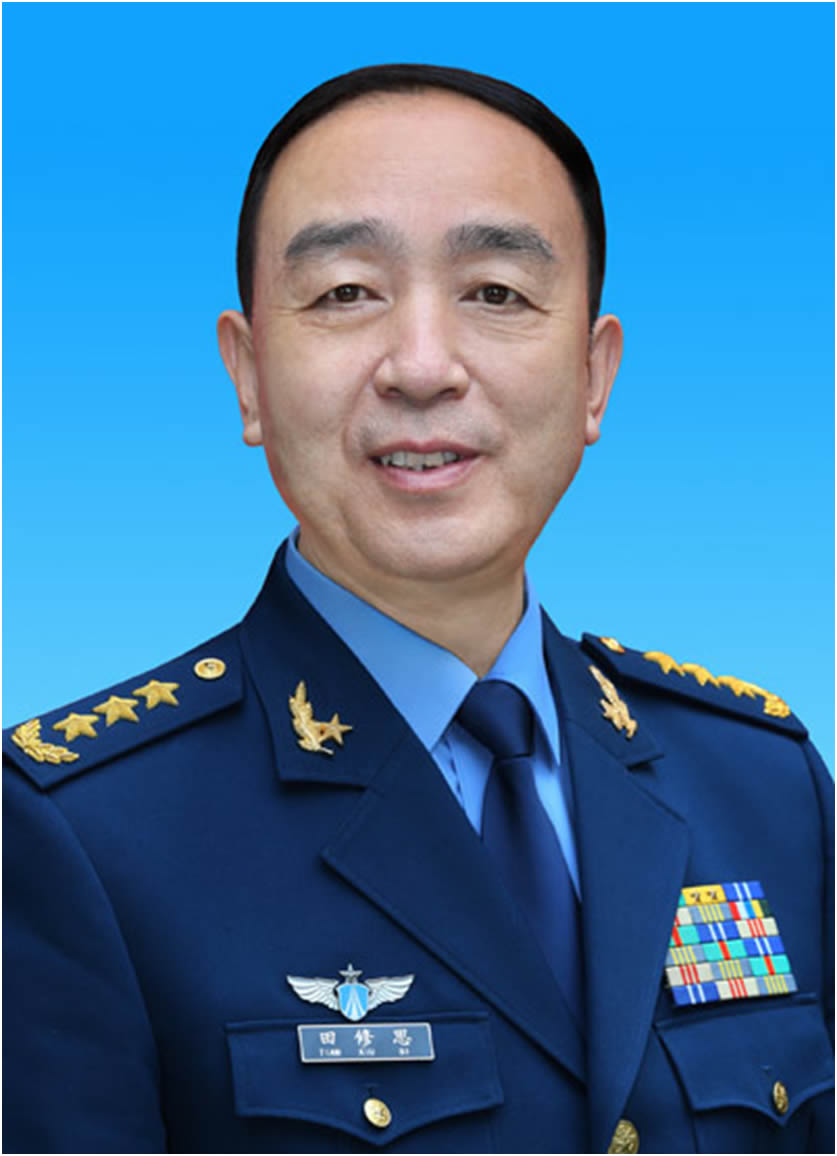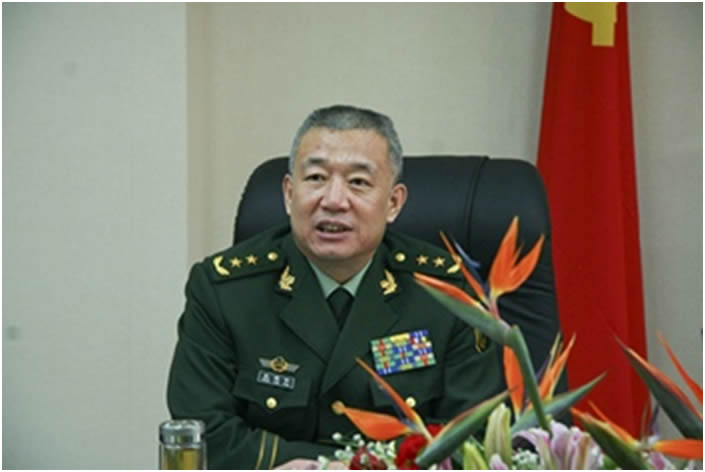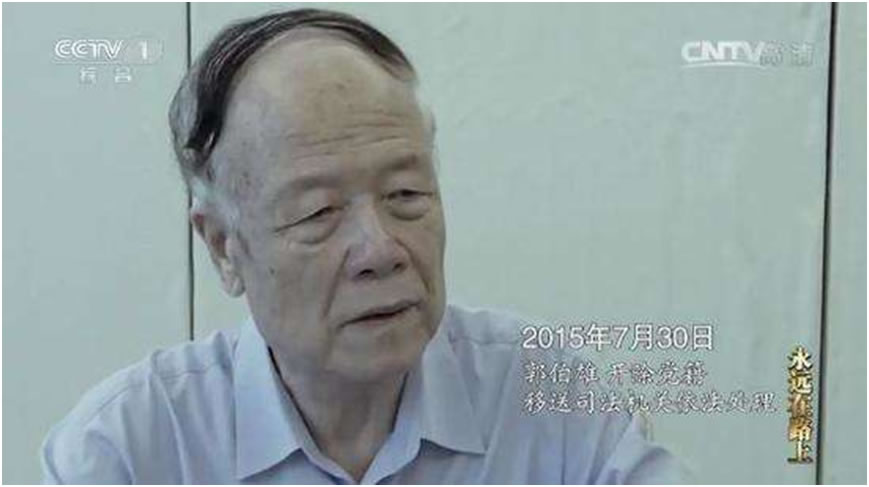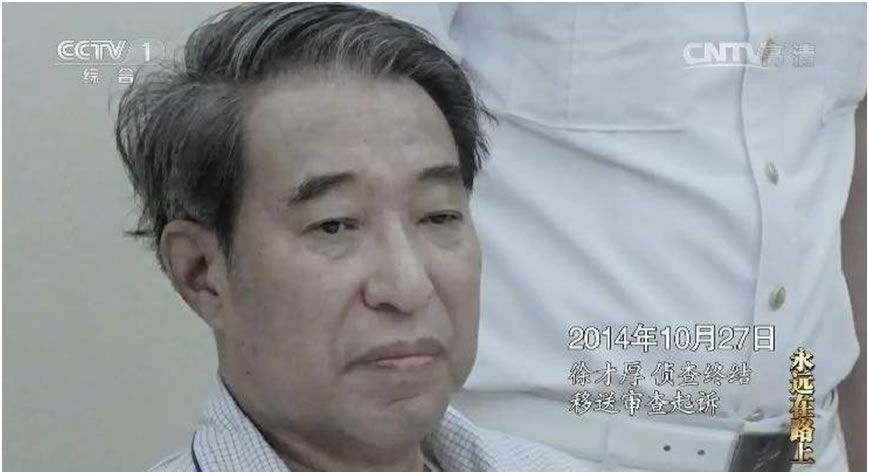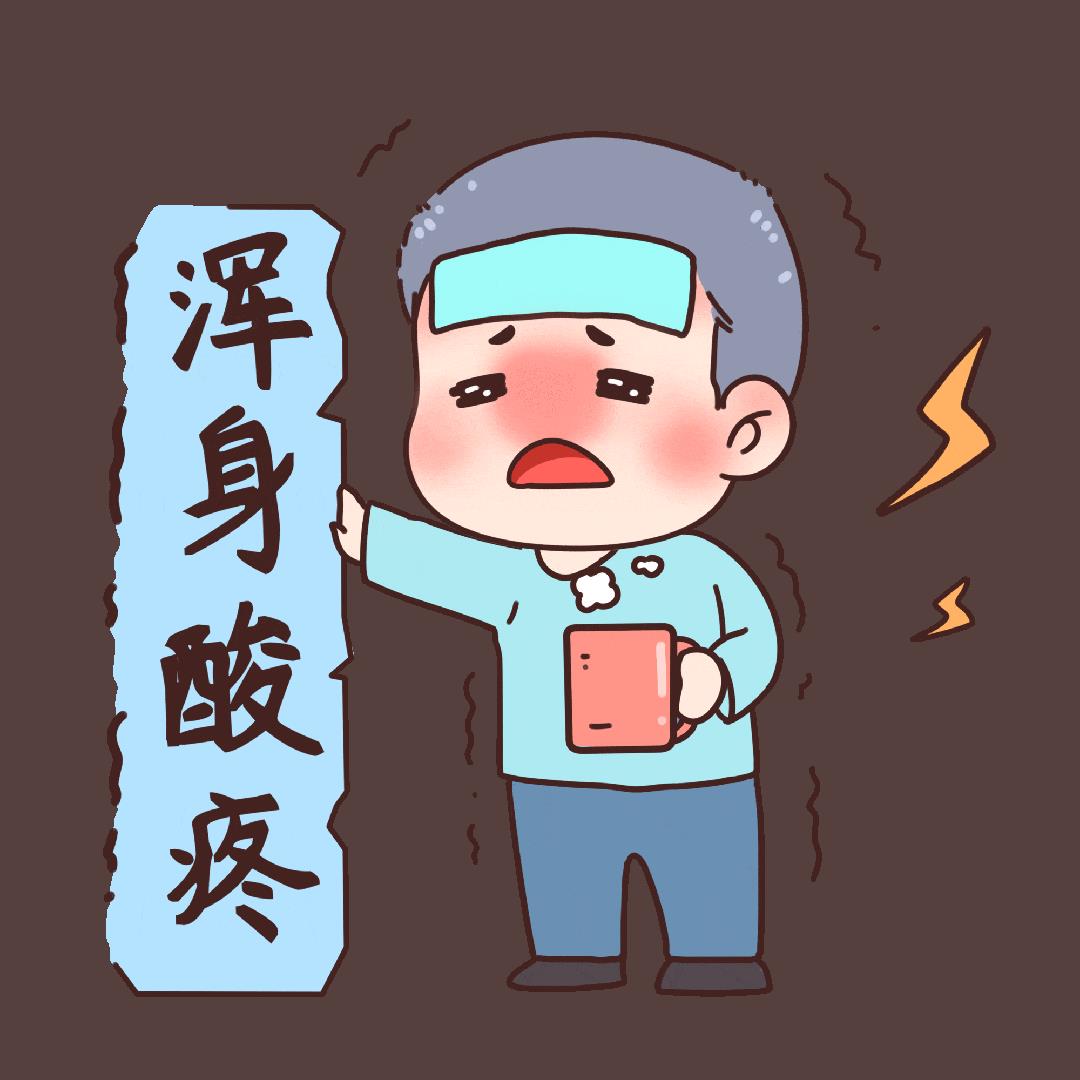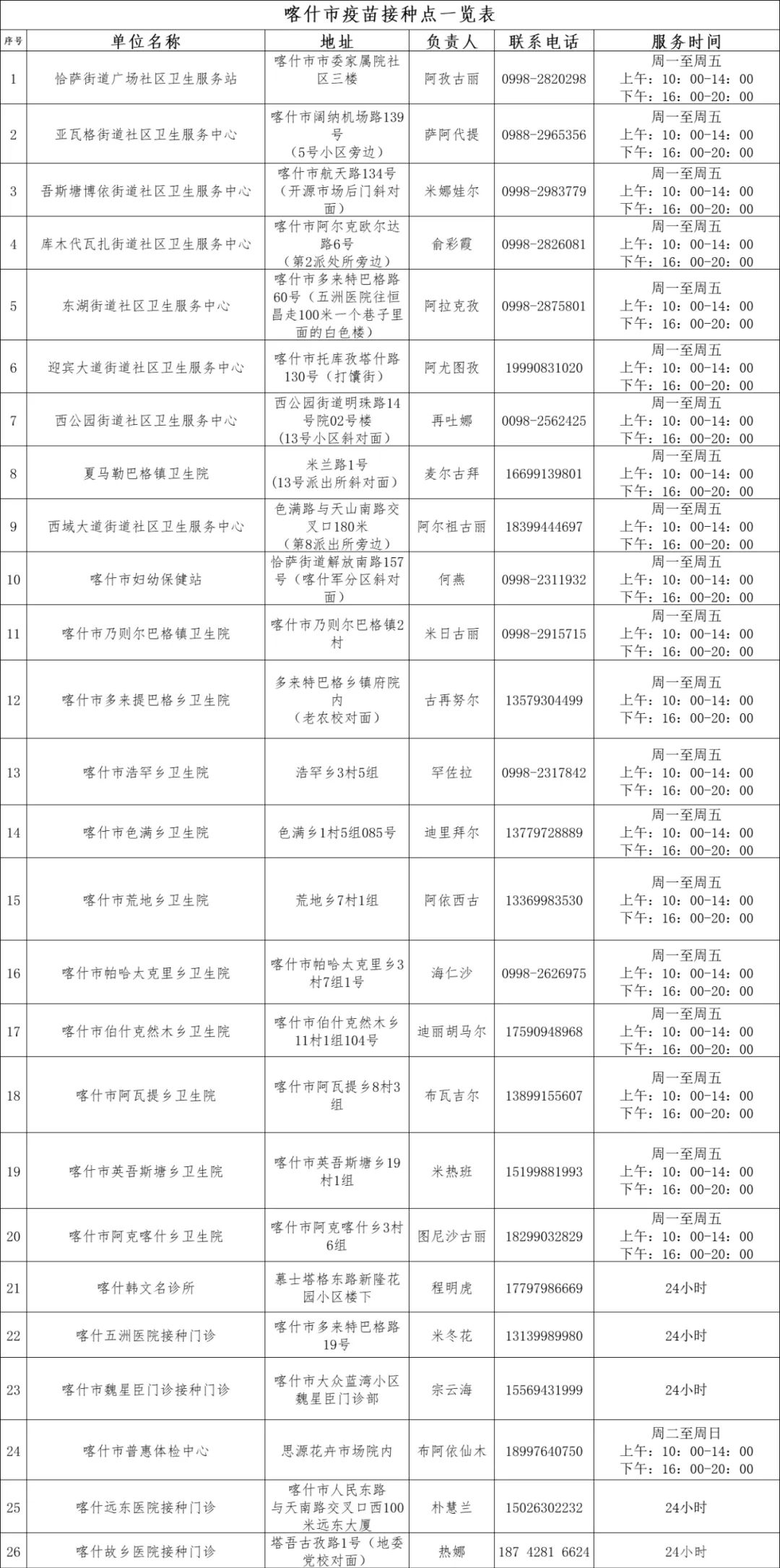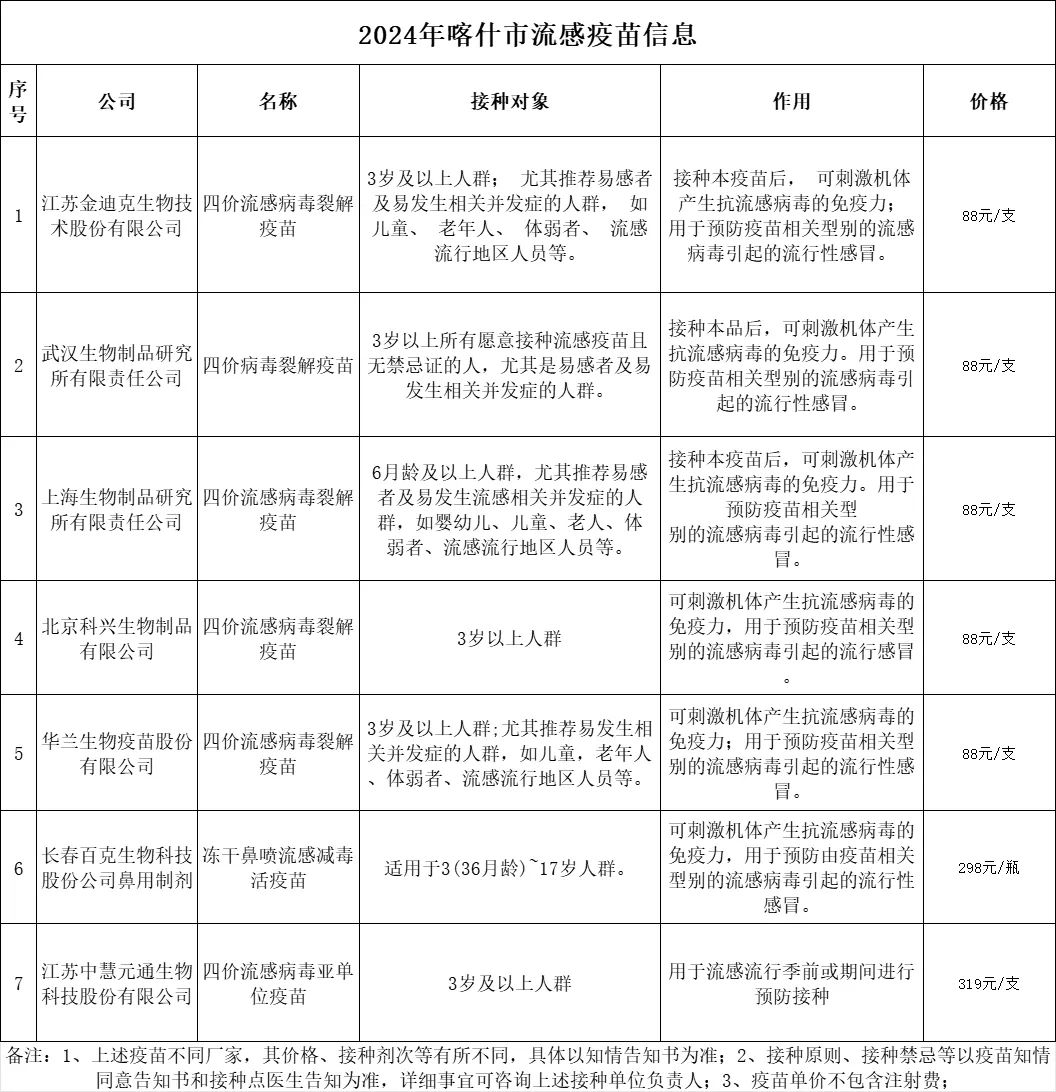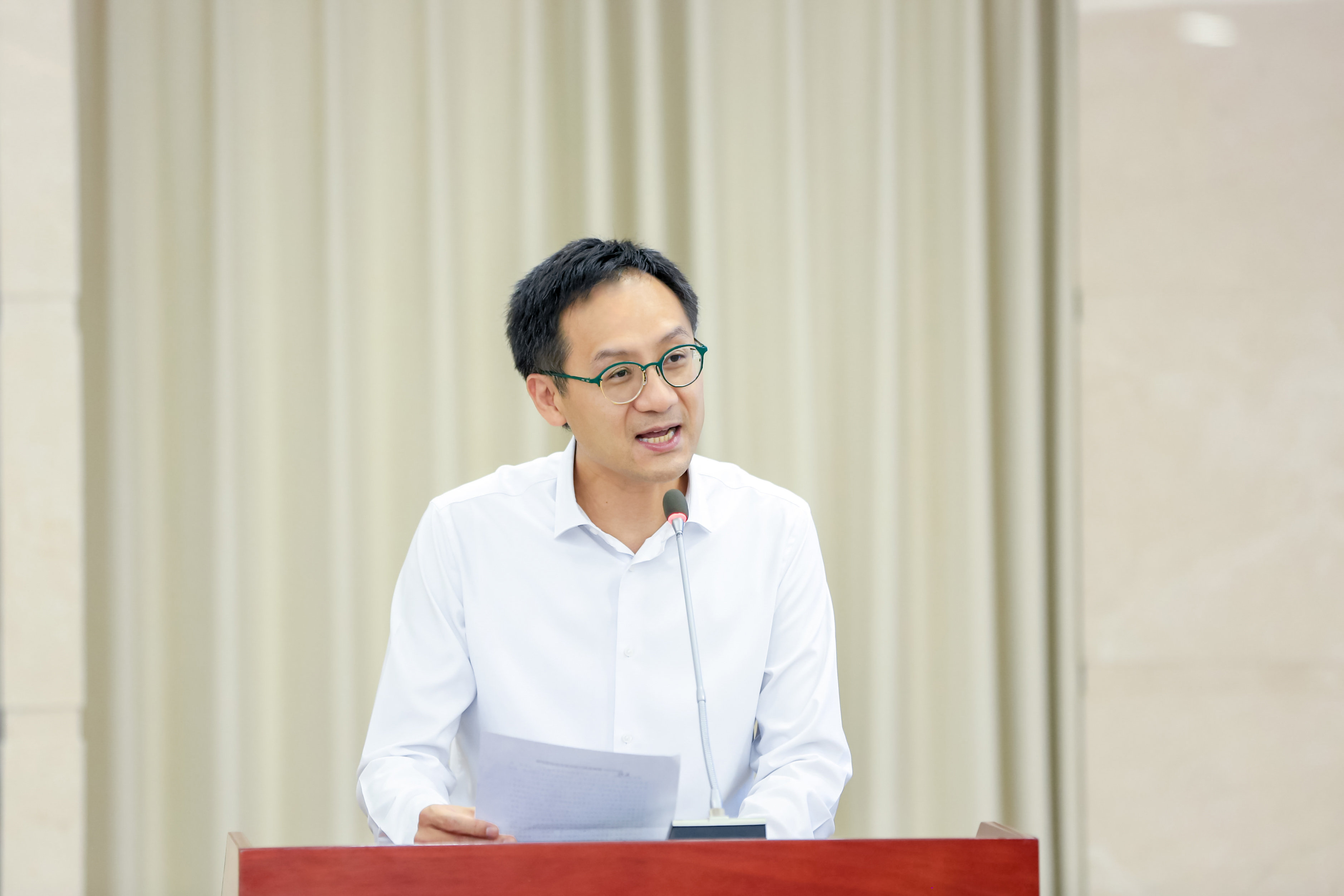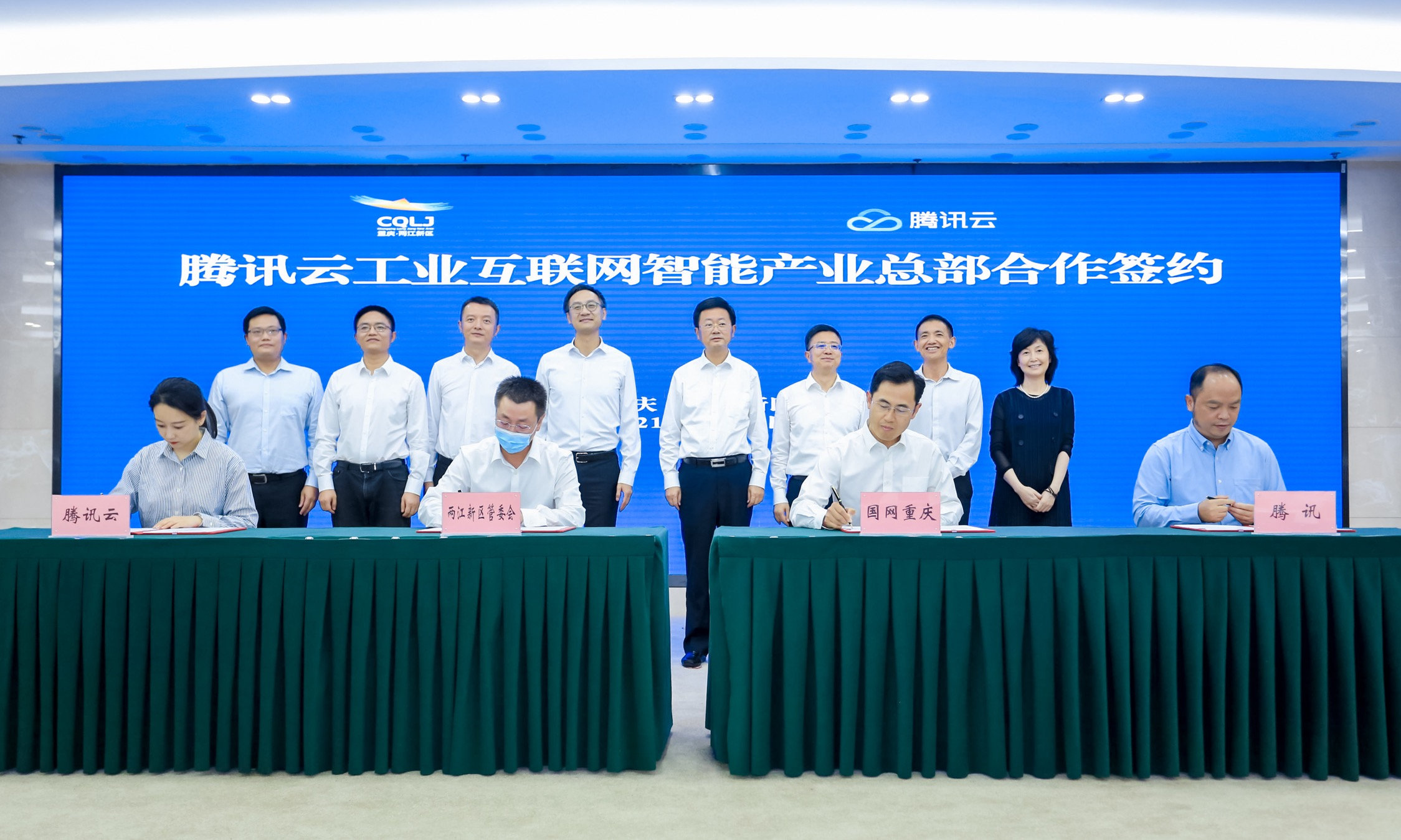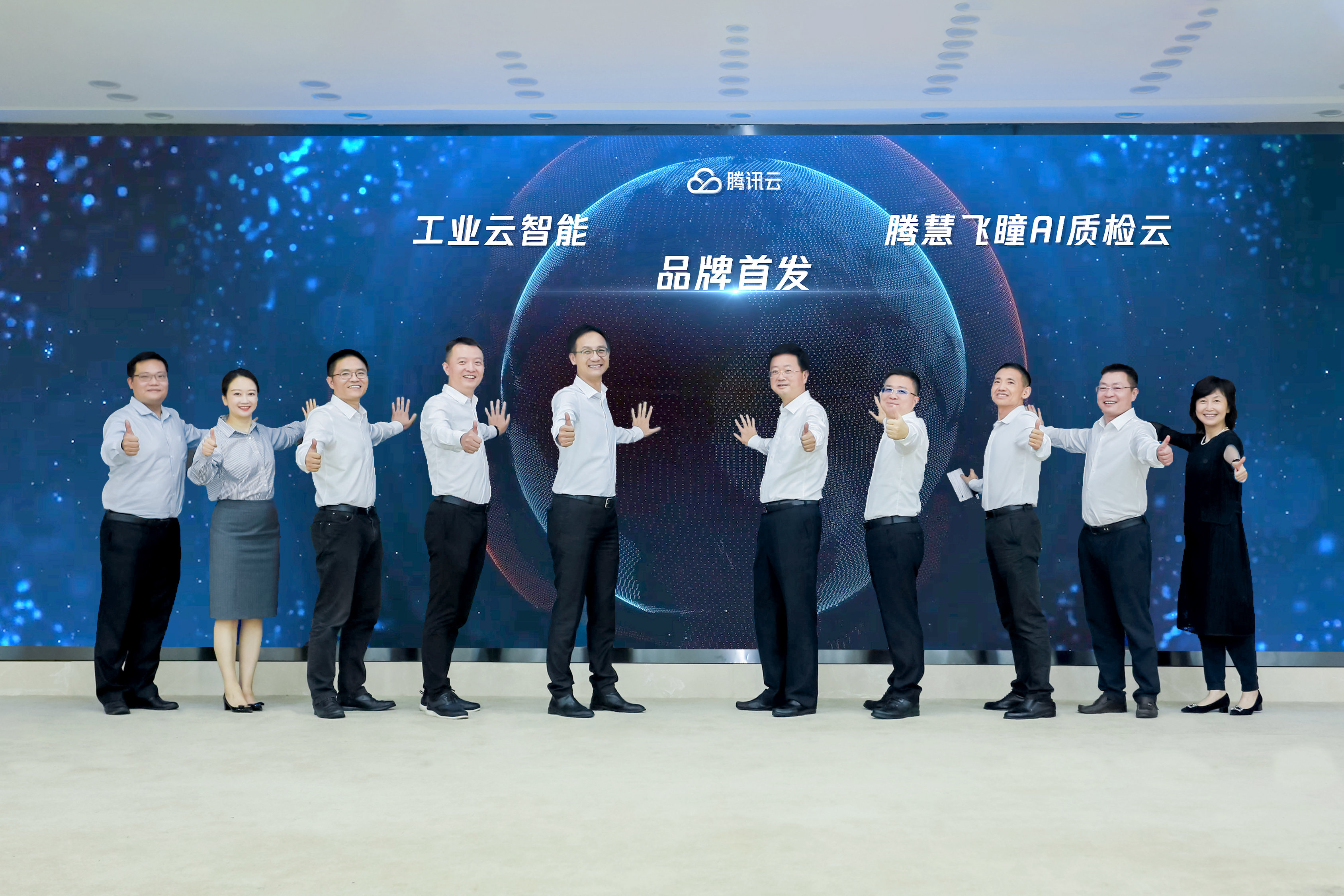On the morning of October 30th, State Taxation Administration of The People’s Republic of China held a press conference, mainly introducing the tax authorities’ implementation of tax reduction and fee reduction, organization of tax revenue, deepening the "streamline administration, delegate power, strengthen regulation and improve services" reform and optimizing the tax business environment in the first three quarters of this year.
 
The "report card" of tax reduction and fee reduction in the first three quarters was released
 
According to Cai Zili, executive deputy director of the Tax Reduction Office of the State Administration of Taxation and director of the revenue planning and accounting department, recently, the declaration of the "big levy period" ended in the third quarter of this year, and the State Administration of Taxation completed the statistical accounting of tax reduction and fee reduction in the first three quarters in time. In the first three quarters of this year, the country increased taxes and fees by 1,783.4 billion yuan, including 1,510.9 billion yuan in new taxes and 272.5 billion yuan in new social security fees. The new tax cuts mainly include 703.5 billion yuan in the VAT reform (including 118.4 billion yuan in the adjustment of the VAT rate on May 1 last year and 585.1 billion yuan in the deepening of the VAT reform this year), 182.7 billion yuan in the inclusive policy for small and micro enterprises, and 442.6 billion yuan in the two-step reform of personal income tax.
"The implementation of a larger tax reduction and fee reduction policy this year has a more obvious impact on the reduction of tax revenue." Cai Zili introduced that in the first three quarters, the national tax authorities organized tax revenue (excluding export tax rebates) of 11,265.8 billion yuan, an increase of 0.3%, and the growth rate dropped by 12.9 percentage points compared with the same period of last year. In the first three quarters, the tax burden level of various industries decreased to varying degrees year-on-year.For example,The new tax reduction of manufacturing industry was 473.8 billion yuan, accounting for 31.36% of the total tax reduction, and the industry tax burden decreased by 1.08 percentage points year-on-year; The new tax reduction in the wholesale and retail industry was 325.8 billion yuan, accounting for 21.56% of the total tax reduction, and the industry tax burden decreased by 3.27 percentage points year-on-year.Another example is,The construction industry, transportation, warehousing and postal services all increased tax reduction by 117.9 billion yuan, accounting for 7.8% of the total tax reduction. The tax burden of these two industries decreased by 0.63 and 0.35 percentage points respectively.
 
The effect of reducing taxes and fees to promote development and activation is further revealed.
 
Cai Zili introduced that since the implementation of the tax reduction and fee reduction policy, the tax authorities have made a preliminary analysis of the implementation effect of the policy while paying close attention to the implementation of the policy. The results show that the role of tax reduction and fee reduction in stabilizing economic development and stimulating the vitality of innovation and entrepreneurship has become increasingly apparent.
  -Tax cuts and fee reductions have taken root, stabilizing economic development expectations.Under the complicated and changeable economic situation at home and abroad, the tax reduction and fee reduction policy has fully played a countercyclical adjustment role, benefiting taxpayers and payers more directly and effectively, and stabilizing the economic development expectation. According to the survey data of the tax department, 92.2% of taxpayers believe that tax reduction and fee reduction have had a positive impact on the production and operation activities of enterprises and boosted the confidence of market participants.
-The rapid increase in R&D investment has stimulated the vitality of scientific and technological innovation.In recent years, China has repeatedly optimized and adjusted policies to encourage innovation, such as adding and deducting R&D expenses, so that enterprises have more funds for R&D innovation. According to the survey data of tax authorities, in the first three quarters, 45% of manufacturing taxpayers used the tax reduction and fee reduction bonus to increase investment in research and development. The research and development expenses of 100,000 key tax source enterprises monitored by the tax authorities in the first three quarters increased by 19.3% year-on-year, an increase of 3.4 percentage points over the whole year of 2018.
-The private economy enjoys a deep dividend and strengthens the foundation for good development.According to the data of the State Administration of Taxation, in the first three quarters, taxpayers in the private economy, including private enterprises and individual economies, increased their tax cuts by 964.4 billion yuan, accounting for 64% of the total tax cuts, benefiting the most. Most of the beneficiaries of the inclusive tax reduction policy for small and micro enterprises are the private economy. In the first three quarters, the private economy enjoyed the new tax reduction of 161.9 billion yuan, accounting for 88.61%. In the first three quarters, the sales revenue of the national private economy increased by 9.7% year-on-year, faster than the overall increase of 1.6 percentage points, and the investment in machinery and equipment increased by 8.9% year-on-year, faster than the overall increase of 2.8 percentage points.
-the improvement of residents’ spending power has stimulated the growth of social consumption.In the first three quarters, the personal income tax reform increased tax reduction by 442.6 billion yuan, with a cumulative per capita tax reduction of 1,764 yuan. The reduction of personal income tax has directly increased residents’ income and improved their spending power. According to the data of the State Administration of Taxation, in the first three quarters, the sales revenue of life service industry, which reflects residents’ consumption vitality, increased by 16.2%, while the sales revenue of Internet wholesale and retail increased by 16.8% year-on-year, which was 4.7 and 5.3 percentage points higher than the sales growth rate of tertiary industry respectively.
-the vitality of market players has stimulated the stability of social employment.In the first three quarters, there were 7.767 million new market players (including individual industrial and commercial households) who handled tax-related matters, with an average monthly increase of 863,000. The policy of tax reduction and fee reduction has enhanced the willingness to start a business, increased the activity of market players and created more jobs.
In addition, export enterprises have benefited significantly and their operating pressure has been effectively alleviated. In the first three quarters, export enterprises enjoyed a total tax reduction of 274.2 billion yuan, and at the same time, thanks to the increase of export tax rebate rate twice, export enterprises increased export tax rebate (exemption) by 40.9 billion yuan.
 
Simplify the procedures for tax administrative licensing and other matters.
 
Fu Shulin, director of the Tax Publicity Center and deputy director of the General Office of the State Administration of Taxation, said that in order to implement the State Council’s decision on deepening the "streamline administration, delegate power, strengthen regulation and improve services" reform and optimizing the business environment, the State Administration of Taxation recently issued the "Announcement on Further Simplifying the Procedures for Tax Administrative Licensing Matters", which will further simplify the procedures, reduce the tax burden and improve service efficiency for only six tax administrative licensing matters, starting from December 1 this year.
-reduce the processing time.For some tax administrative licensing matters, the processing time will be further reduced on the basis of the legal time limit of 20 working days. For example, the time limit for the completion of three matters, such as the taxpayer’s deferred declaration and approval, and the approval of the maximum invoicing limit for special VAT invoices, has been reduced to less than 10 working days; The time limit for the approval of the taxpayer’s change of tax quota is reduced to less than 15 working days.
-degenerate application documents.Taxpayers are no longer required to fill in the approval form or approval form for the approval of deferred tax payment and declaration, but the relevant contents are incorporated into the Application Form for Tax Administrative License to realize "one form integration".
-reduce the materials submitted.For the approval of taxpayers’ deferred tax payment, five application materials, such as deferred tax payment report and balance sheet, were cancelled; For the approval of taxpayers’ deferred declaration, the applicant is no longer required to submit a separate statement of the situation, just fill in the relevant information briefly in the application form.
-simplify the delivery process.If the tax administrative license document is directly delivered to the applicant through the tax service window, and the applicant has no objection, it is only necessary for the applicant to sign or stamp at the end of the document and indicate the date of receipt, and it is not necessary to fill out the "Tax Document Delivery Receipt" separately.
At the same time, in order to promote opening wider to the outside world, help non-resident taxpayer to better enjoy the tax treaty treatment and reduce the tax burden, the State Administration of Taxation recently revised and issued the Administrative Measures for non-resident taxpayer to Enjoy the Treaty Treatment, which will be implemented as of January 1, 2020. Compared with the original method, the new method is more convenient to enjoy treatment, with more concise statements and clearer responsibilities. For example, the Measures greatly simplified the forms to be filled in by non-resident taxpayer, not only reducing the number from 10 to 1, but also further simplifying the contents, just filling in the basic information such as the taxpayer’s name and contact information and making a statement. For another example, the "Measures" stipulate that non-resident taxpayer enjoys the agreed treatment and implements the method of "self-judgment, declaration and enjoyment, and relevant materials are kept for future reference", that is, taxpayers who think that they meet the conditions for enjoying the agreed treatment, whether filing their own declarations or withholding declarations, do not need to submit other materials except reporting relevant statements, and will be kept for future reference.
 
Actively build a tax credit system that praises honesty and punishes dishonesty
 
"The implementation of the blacklist of tax violations and the joint disciplinary system is an important measure for the tax authorities to optimize law enforcement methods and improve the business environment." Fu Shulin said. In recent years, the tax authorities have actively and continuously promoted the "blacklist" of tax violations and the joint disciplinary system, and made great efforts to build a tax credit system that praises honesty and punishes dishonesty, and achieved remarkable results.
-cracking down on tax fraud and crimes.Since the State Administration of Taxation, the Ministry of Public Security, the General Administration of Customs and the People’s Bank of China launched a two-year special campaign to crack down on tax fraud in August 2018, as of September 2019, 176,300 enterprises suspected of tax fraud were investigated and dealt with according to law; Through strict investigation of "fake enterprises", it was found that 8.35 million VAT invoices were falsely issued, involving a tax amount of 155.8 billion yuan; By cracking down on "fake exports", the tax loss of 16.2 billion yuan was recovered, which initially curbed the rampant trend of false tax fraud and effectively guaranteed the implementation of the tax reduction and fee reduction policy.
-implementing the "blacklist" system for tax violations.Since the publication of "blacklist" cases in October 2014, as of September this year, the national tax authorities have published a total of 30,645 cases, of which the number of cases published in the first three quarters of this year alone reached 14,003. The tax authorities have included all the parties involved in the "blacklist" cases of tax violations in the D-level scope of tax credit, and taken stricter measures such as invoice management and export tax rebate audit according to law.
-promoting joint disciplinary work.From its launch in 2015 to September 2019, the tax authorities have pushed the "blacklist" information of tax violations to relevant departments for 393,000 times, including 192,700 times in the first three quarters of this year. A total of 24,600 "blacklisted" parties were restricted by the market supervision department to hold relevant positions in enterprises; 25,000 "blacklisted" parties were restricted from financing and credit granting by financial institutions; More than 30,000 "blacklisted" parties were restricted from obtaining government-supplied land and government financial support, which effectively shocked the parties to major tax violations and dishonesty cases.
-implementing the credit repair system.Since the establishment of the tax credit repair mechanism in April 2016, as of September this year, a total of 1,650 "blacklist" parties involved in tax evasion have withdrawn from the "blacklist" bulletin board after voluntarily paying taxes, late fees and fines, which reflects the guiding role of credit supervision in paying taxes in good faith.
 
Promote the implementation of convenience service measures in theme education
 
Fu Shulin introduced that in the first batch of education on the theme of "Do not forget your initiative mind, Keep in mind the mission" carried out in June-August this year, the State Administration of Taxation focused on the problems strongly reflected by taxpayers and payers, and launched 20 measures to facilitate tax payment in two batches, canceled 25 tax certification items, revised and promulgated the "Measures for the Administration of Tax Service Complaints", etc., and optimized the service experience from the aspects of reporting payment, convenient tax payment, invoice use and inter-departmental cooperation, and effectively improved the service.
Judging from the Global Business Environment Report 2020 recently released by the World Bank,The global ranking of China’s business environment has risen from 46th last year to 31st, and it has been ranked among the top ten economies with the greatest improvement in the global business environment for two consecutive years. Among them, the ranking of tax indicators has increased by 9 places this year on the basis of the previous two years, achieving "three consecutive rises". The World Bank believes that on the one hand, the main reason for the improvement in the ranking of tax indicators is that China has introduced a larger-scale tax reduction and fee reduction policy; On the other hand, China tax authorities have made remarkable achievements in implementing tax reduction and fee reduction, and continuously promoting the reform of tax payment facilitation.
Judging from the results of the special survey on taxpayer satisfaction in 2019 commissioned by the State Administration of Taxation,The comprehensive score of national taxpayer satisfaction was 84.42 points, which was 1.44 points higher than that of the same caliber in 2018, and it continued to maintain a steady and progressive trend. Over 90% of corporate taxpayers’ satisfaction was significantly improved, and the scores of 12366 tax service hotline, tax service office service, running at most once, applying for VAT invoices and tax return forms were comprehensively improved, which showed that local tax authorities were focusing on facilitating tax payment, finding gaps, grasping implementation and promoting rectification in theme education.
"At present, the second batch of theme education is being carried out in depth. Compared with the first batch of theme education, the tax department has more units and a large number, and it has more direct and closer contact with taxpayers and payers." Fu Shulin said that under the guidance of Socialism with Chinese characteristics Thought of the Supreme Leader in the New Era and in accordance with the requirements of the Regulations on Optimizing the Business Environment recently promulgated by the State Council, the tax authorities will further implement various new measures for tax payment for the convenience of the people, strive to achieve a lighter tax burden, shorter tax time, wider tax channels and better tax methods, and continue to lay a good combination of policies to benefit the people and serve the convenience of the people, further enhancing taxpayers.
Related links: 1.  Case study of honesty and credit construction in tax field
                    2.  Record of State Taxation Administration of The People’s Republic of China’s press conference

